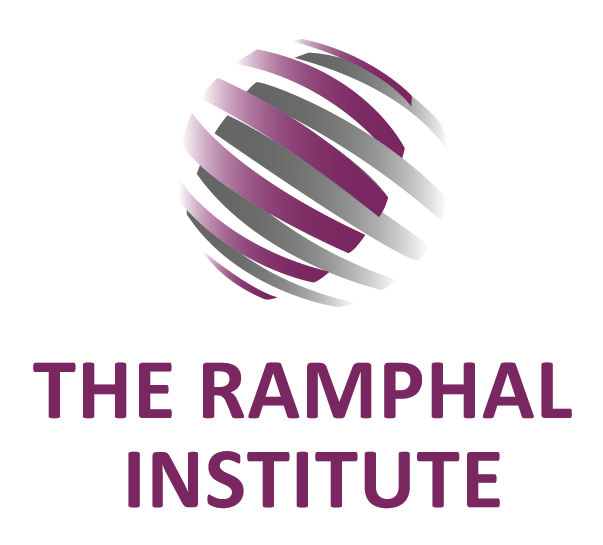Trending...

Hon. Shirley Botchwey elected as new Secretary-General of the Commonwealth
Hon Shirley Botchwey, Minister of Foreign Affairs and Regional Integration of Ghana was elected as the new Secretary General of the Commonwealth at the Heads of Government meeting in Apia Samoa.
Minister Botchwey’s election makes her only the second woman ever to hold the post of Commonwealth Secretary General and she succeeds the first woman in that role, Baroness Patricia Scotland, K.C.. She is also the second African to be appointed to the post.
In accepting her appointment, stated that she see this “as affirmation that the Commonwealth is poised to rise to the occasion as the world commits to “multilateral solutions for a better tomorrow” and recognised [that with regards to] the global work to empower women and ensure gender equality [this] is still work in progress [and] a lot more remains to be done.”
Foreign Minister Botchwey’s vision for the Commonwealth in one where the institution “is transformed for the changing times: building resilience in our democracies to ensure that all citizens benefit from the democratic dividend; building resilience through new models of development cooperation for sustainable development; and ensuring an effective Secretariat, which is accountable, responsive and fully funded and resourced to play the ambitious role required of it.” Thus, Minister Botchwey pledged to work “to make the Commonwealth relevant and consequential in a fast changing world where democracies are under threat, Commonwealth economies are unable to meet the expectations of their people”, and the world is facing the climate crisis.
President of the Republic of Ghana, Hon. Nana Addo Dankwa Akufo-Addo in congratulating Foreign Minister Botchwey expressed his strong confidence in her “lead[ing] our aspiration for renewal and for building future-looking resilient and thriving economies, through Community cooperation and action.”
Prior to her election as Commonwealth Secretary General Foreign Minister Botchwey served as Minister for Foreign Affairs and Regional Integration of Ghana and a member of the National Security Council since January 2017. During her time as Foreign Minister Ghana was a non-permanent member of the UN Security Council and Hon. Shirley Botchwey “led the unanimous passage of UN Resolution 27/19 in December 2023 which permits African Union-led Peace Support Operations [and] … she also worked with Norway to secure adoption of UN Resolutions 26/24 to address piracy in the Gulf of Guinea.”
On behalf of the Chairperson Ms Kamela Palma, Board of Trustees, and Director the Ramphal Institute extends hearty congratulations and best wishes to Foreign Minister Botchwey.
